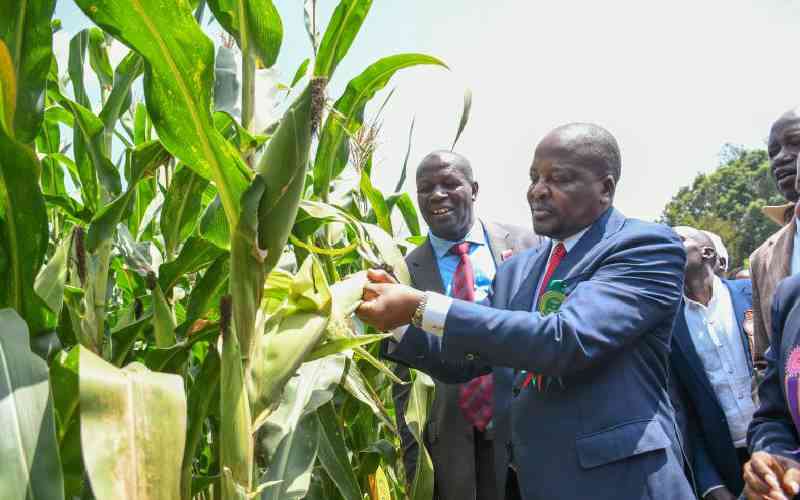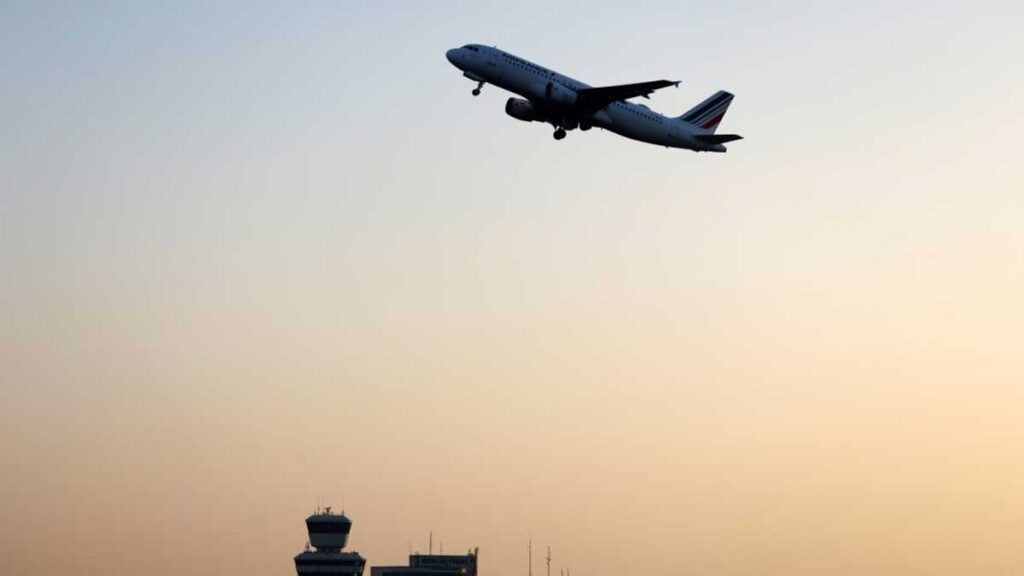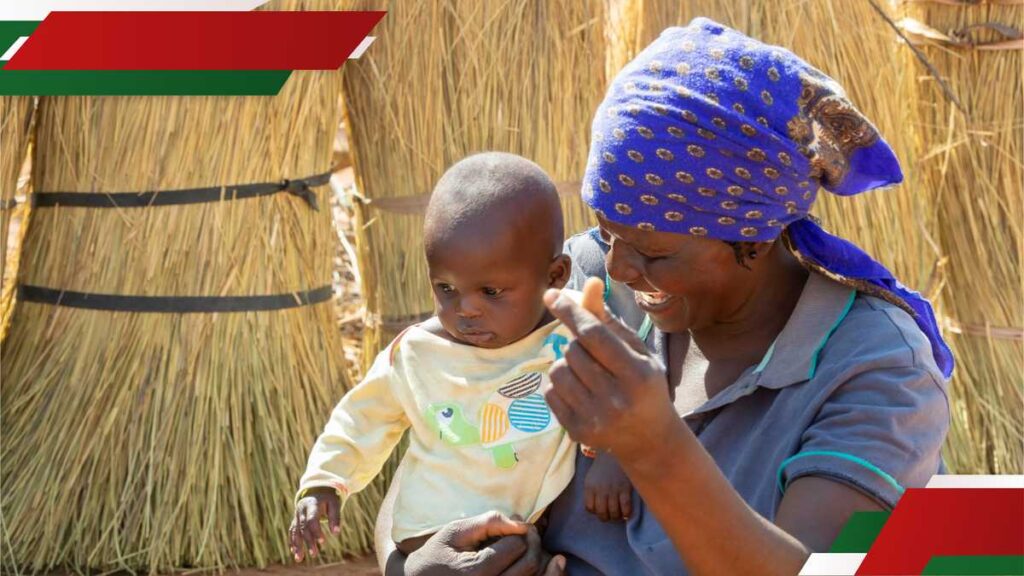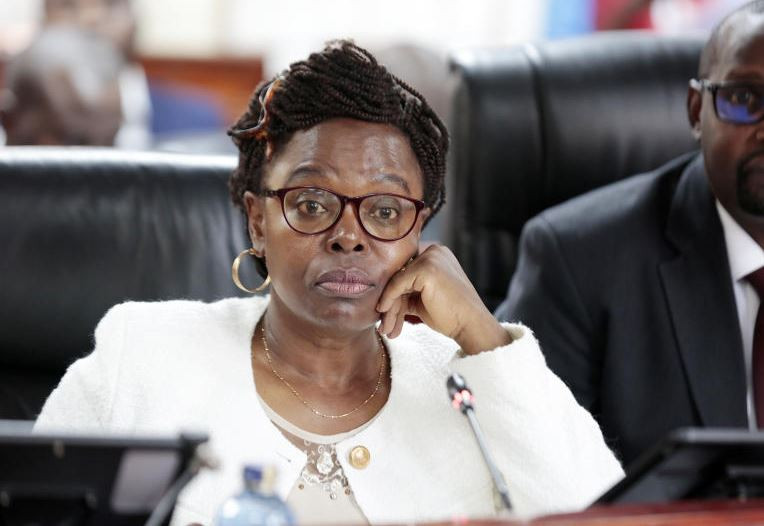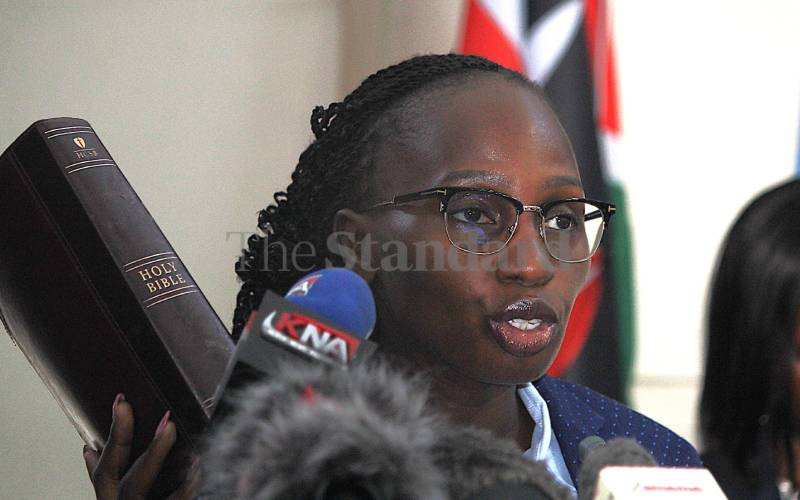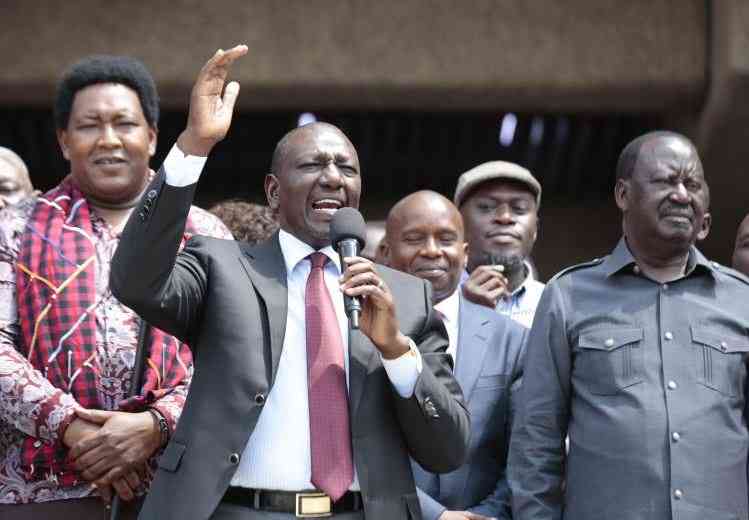Agriculture Cabinet Secretary Mutahi Kagwe has assured coffee exporters that the government will comply with European Union (EU) Deforestation Regulations.
Kagwe committed to fast-tracking all outstanding activities necessary for compliance with the EU Deforestation Regulation (EUDR).
The CS stated that the government has directed relevant agencies, including the Kenya Forest Service, the Kenya Space Agency, the Directorate of Resource Surveys and Remote Sensing, and the Coffee Directorate (AFA Kenya), to allocate the required resources and expertise to ensure full compliance by November 30, 2025.
He emphasized that Kenya would not seek an extension to this deadline, highlighting the significant risk of losing up to KSh 90 billion (approximately USD 7 million) in coffee exports.
Over the past five years, Kenya has exported 122,699 metric tonnes of clean coffee to the EU, which accounts for nearly 60 per cent of the country’s total coffee exports.
Kagwe warned that failing to comply with the EUDR, which takes effect at the end of 2025, could jeopardise a crucial revenue stream and adversely affect over 800,000 farmers.
The EUDR, adopted on April 19, 2023, requires all coffee exported to Europe to be verifiably free from links to deforestation, legally sourced, and traceable to specific geographical locations.
As such, Kenya faces a significant logistical challenge, as the EU has been a primary destination for its Arabica beans.
The government’s objective is to achieve full compliance before the EU’s enforcement date of December 30, 2025.
However, this leaves only a few months to establish a traceability system that can track coffee batches back to their origin, ensuring they were not cultivated on recently deforested land.
The EU Commission has stated that these regulations aim to curb global deforestation, often driven by agricultural expansion.
Other countries, including Brazil, Vietnam, and Ethiopia, are also facing similar deadlines. However, Kenya’s slow adoption of digital agricultural technologies complicates its efforts compared to coffee exporters in more developed nations.
Kenya was classified as a low-risk country by the EU on May 22, 2023, due to a multi-agency geo-mapping initiative.
However, this progress is yet to be fully realized, as Phases I and II of the mapping exercise have only covered 29.9 percent of the 16 coffee-growing counties.
Stay informed. Subscribe to our newsletter
The final phase, which aims to cover the remaining 17 counties, is expected to be completed by September 2025.
Stakeholders have warned that failure to meet the compliance deadline could result in reduced market access, reputational damage to Kenya’s specialty coffee brand, weakened coffee sector reforms under the BETA policy, and diminished trade confidence among EU buyers.
It is important to note that smallholder farmers, who produce 70 per cent of Kenya’s coffee and support rural economies in 33 counties, would be the most affected if compliance is not achieved.
The EUDR will prohibit the sale of products like coffee unless companies can demonstrate that these products are not linked to deforestation.
The scope of these new rules is extensive, applying to cocoa, coffee, soy, palm oil, wood, rubber, and cattle.








